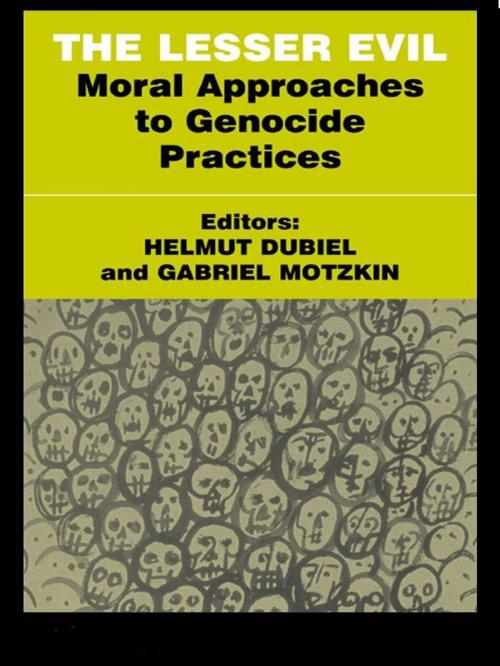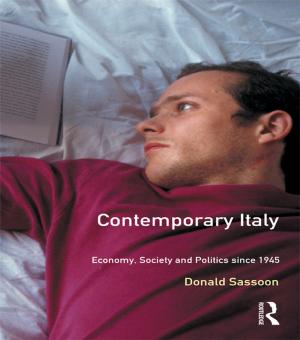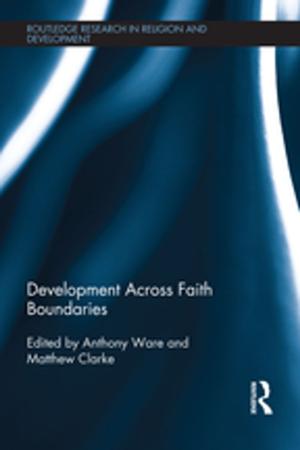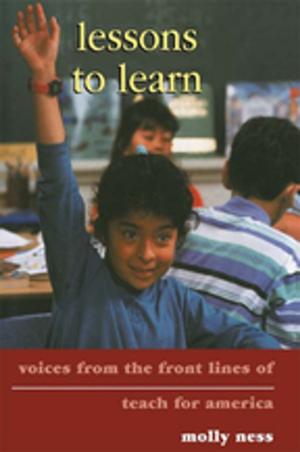The Lesser Evil
Moral Approaches to Genocide Practices
Nonfiction, Social & Cultural Studies, Political Science, Politics, History & Theory| Author: | ISBN: | 9781135758813 | |
| Publisher: | Taylor and Francis | Publication: | April 22, 2004 |
| Imprint: | Routledge | Language: | English |
| Author: | |
| ISBN: | 9781135758813 |
| Publisher: | Taylor and Francis |
| Publication: | April 22, 2004 |
| Imprint: | Routledge |
| Language: | English |
This book comprises 14 essays by scholars who disagree about the methods and purposes of comparing Nazism and Communism. The central idea is that if these two different memories of evil were to develop in isolation, their competition for significance would distort the real evils both movements propagated. Whilst many reject this comparison because they feel it could relativize the evil of one of these movements, the claim that a political movement is uniquely evil can only be made by comparing it to another movement.
How do these issues affect postwar interrelations between memory and history? Are there tensions between the ways postwar societies remember these atrocities, and the ways in which intellectuals and scholars reconstruct what happened? Nazism and Communism have been constantly compared since the 1920s. A sense of the ways in which these comparisons have been used and abused by both Right and Left belongs to our common history.
These twentieth century evils invite comparison, if only because of their traumatic effects. We have an obligation to understand what happened, and we also have an obligation to understand how we have dealt with it.
This book comprises 14 essays by scholars who disagree about the methods and purposes of comparing Nazism and Communism. The central idea is that if these two different memories of evil were to develop in isolation, their competition for significance would distort the real evils both movements propagated. Whilst many reject this comparison because they feel it could relativize the evil of one of these movements, the claim that a political movement is uniquely evil can only be made by comparing it to another movement.
How do these issues affect postwar interrelations between memory and history? Are there tensions between the ways postwar societies remember these atrocities, and the ways in which intellectuals and scholars reconstruct what happened? Nazism and Communism have been constantly compared since the 1920s. A sense of the ways in which these comparisons have been used and abused by both Right and Left belongs to our common history.
These twentieth century evils invite comparison, if only because of their traumatic effects. We have an obligation to understand what happened, and we also have an obligation to understand how we have dealt with it.















